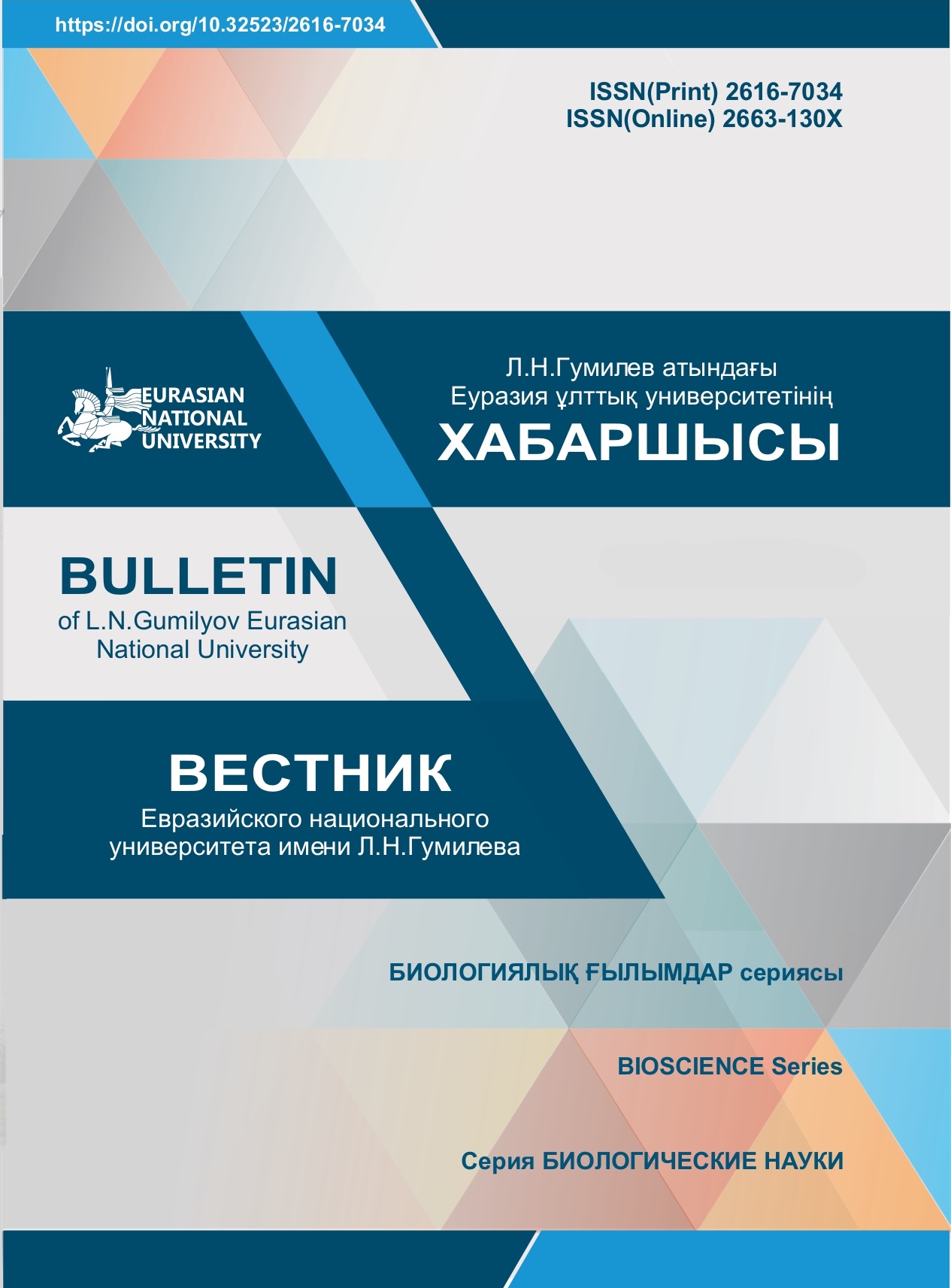Obtaining and investigating immunochemical properties of monoclonal antibodies against rCTLA-4 protein
Views: 239 / PDF downloads: 215
Keywords:
Monoclonal antibodies, CTLA-4 receptor, oncology, recombinant proteinAbstract
Monoclonal antibodies are used to block control points of the tumor development of many oncological pathologies. One of the critical control points of tumor development of several oncological pathologies is the receptor for cytotoxic T-lymphocyte-associated protein 4 (CTLA-4). Monoclonal antibodies against the CTLA-4 receptor are laboratory-derived humanized antibodies. An essential step in the humanization of antibodies is the production of murine hybrid cells producing monoclonal antibodies. This article describes studies of mice monoclonal antibodies against a recombinant human CTLA-4 receptor (rCTLA-4) expressed in Escherichia coli. To obtain strains of hybrid cells producing monoclonal antibodies were used methods of hybridoma technology. As a result, hybrid cells producing monoclonal antibodies to CTLA-4 were obtained. Strains of hybrid cells have high productive activity in vitro and in vivo. Monoclonal antibodies react with rCTLA-4 protein, belong to the class of IgG1, and have a high binding constant. They efficiently bind to the rCTLA-4 receptor and block the interaction of rCTLA-4 with the commercial recombinant human B7-1 Fc and rhesus monkey PD-1 hFc proteins. These monoclonal antibodies to rCTLA-4 can be used to obtain recombinant humanized monoclonal antibodies to the human CTLA-4 receptor.








